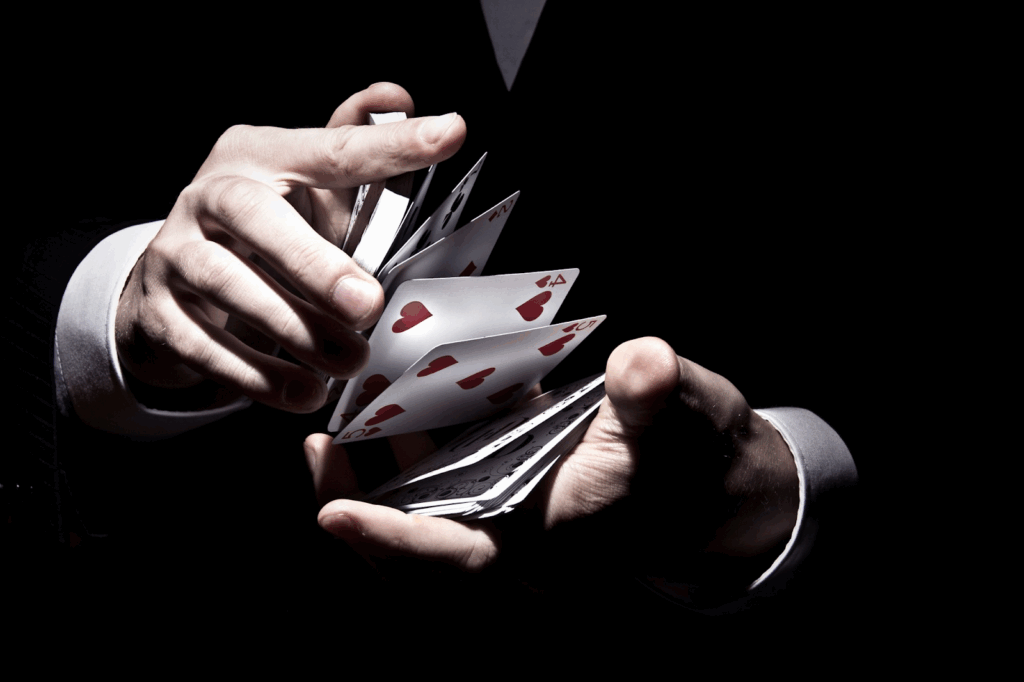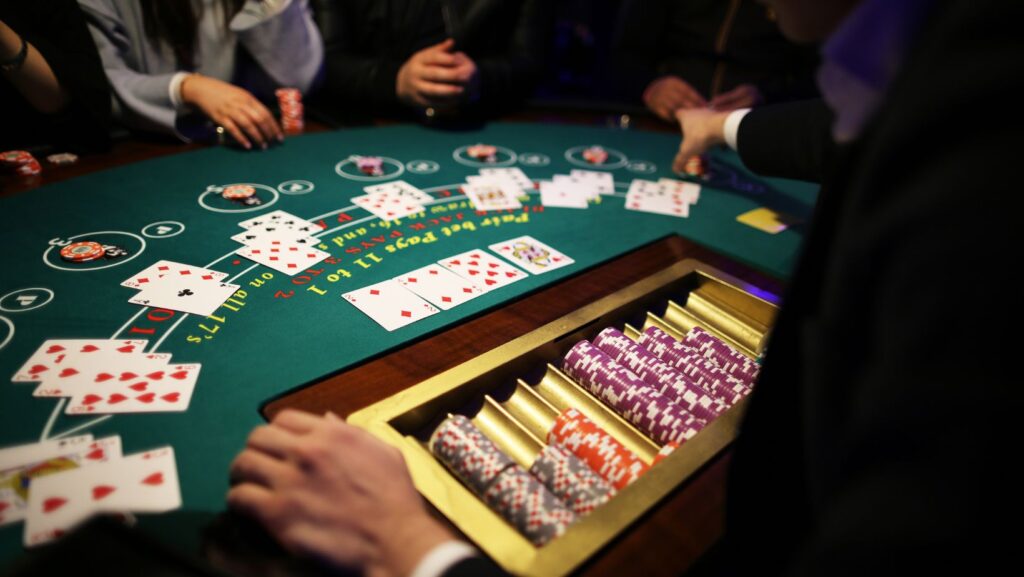
Gambling has long been marketed as entertainment. There’s a thrill. It can be a night out that’s just a little more exciting than going to the movies. Sure, that’s exactly what it can be, when in moderation. Unfortunately, when dopamine triggers our brains, every person behaves differently. There’s a darker side that isn’t always talked about.
Still, we should look at things realistically. Gambling, whether at your neighborhood slot parlor or online platforms like Rocket Spin Casino, isn’t inherently evil. Everyone just uses it differently. And that’s what makes the difference. For some people, it’s just a fun way to kill an hour. For others, it becomes a cycle that’s hard to break. And when the line between “fun” and “problem” gets blurry, that’s when trouble begins.
Why gambling hooks us so easily
There’s always a chance to win. Even if it’s tiny, it taps into the most primal reward system in our brain. With every spin or turn of a card, the thought “maybe this time” is powerful. It sounds very appealing to someone who has never had much wealth. In a single moment, with a win, they could quit a job they dislike and set off on a long-awaited journey. Even people who are well-off sometimes can’t resist playing. Regardless of the size of the winnings, they play solely for the feeling of victory.
The thing is that you never know when this change might happen. It might not happen at all. This knowing and not knowing at the same time is what makes people come back. So, it’s not the reward itself. It’s the possibility of reward. That’s why gambling can sneak up on people who never thought they’d be at risk.
Warning signs
So how do you know if gambling is crossing from entertainment into dangerous territory? Here are some red flags:

- Chasing losses. Instead of walking away after losing, you double down, hoping the next hand will turn things around;
- Neglecting responsibilities. Bills, work, or family obligations take a backseat to gambling time;
- Secrecy. Hiding gambling activity from friends or family;
- Financial strain. Borrowing money, maxing out credit cards, or dipping into savings to keep playing;
- Mood swings. Feeling euphoria while playing, but irritability, depression, or anxiety when not gambling.
Does anything sound familiar? If you’re nodding along to more than a couple of these, there’s your warning.
When gambling takes over
We’ve all heard about a neighbor or a parent’s acquaintance who became addicted. Those stories of lost cars, apartments, and broken families are heartbreaking. Mental health struggles like depression and anxiety pile on. It all creates a vicious cycle that is hard to break. As you can guess, the consequences of this addiction are pretty brutal.
On top of that, some people even turn to crime. They engage in stealing, fraud, or other desperate measures. They do it just to fuel their habit. This “just one more spin” thought can end in a courtroom or worse.
The path to recovery
Luckily, recovery is possible. Like, really possible. Although it’s possible, it doesn’t mean that it’s easy.
Recovery usually starts with acknowledgement. That’s the basics. If you don’t admit there’s a problem, then what recovery are we talking about? Once you admit it, the following steps often include:
Seeking support groups
Wherever you are, there are people who are also struggling. The first thing you should remember is that you’re not alone. Even if there’s no friend or relative who can support you, strangers can give you a helping hand. It only takes to search for a support group in your city.
Professional counseling
There’s nothing mysterious about the consequences of addiction. However, what led you to become addicted can be a mystery. Maybe constant family arguments were always circling around money problems, and you tried to improve your financial situation. Maybe you wanted to grow your business and thought that a big win could give it a new push. The point is, the trigger can be anything. Not everyone can get to the root of it on their own. That’s why you may need professional help. Once you understand the core of the problem, you’ll find the foundation you need to finally break free from addiction.
Healthy replacements
For people struggling with addiction, there can be no possibility of going back. An alcoholic in recovery can never drink “just on special occasions.” A drug addict can never simply smoke weed just to relax. Likewise, a gambling addict can never play for just an hour a day within a reasonable budget. If you’ve decided to break free from addiction, it means leaving it behind forever. Instead, you can try something new. You could take up professional photography, get into sports, or dive into learning a new language. It should be something that excites you so much that you’ll never even think about going back to gambling.
Finding balance
Gambling itself isn’t going anywhere. It’s been around for centuries and will likely be part of human culture forever. The key is balance. You can enjoy a little flutter on the slots or poker table without letting it run the show. Pay attention to the warning signs if they start to appear. Moreover, be brave enough to admit your addiction and start fighting it once it begins to progress.




